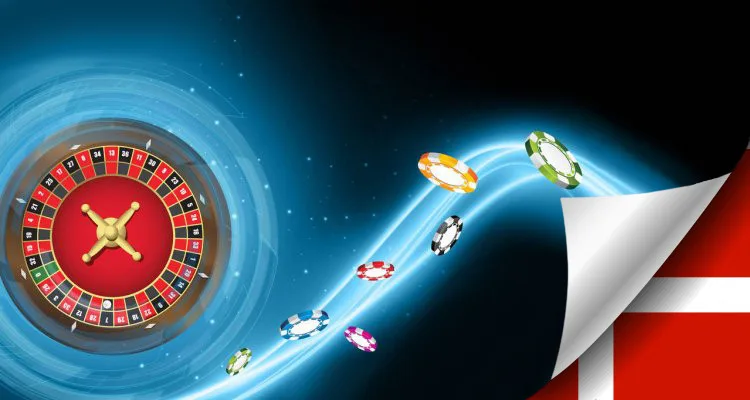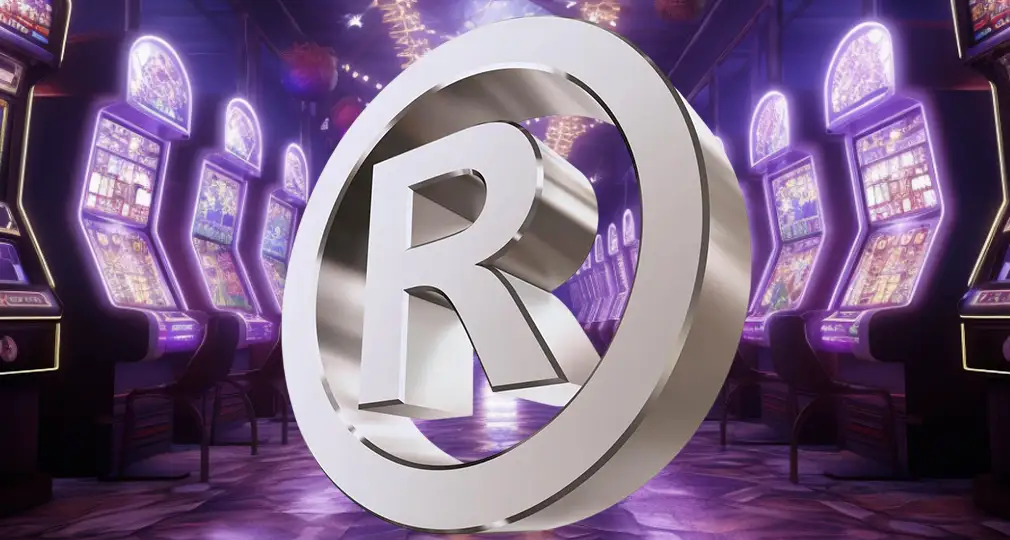Denmark is one of the most promising European gambling markets. In spite of the severity of Danish gambling laws, business in the jurisdiction is developing steadily and in many ways, it is a great example of the harmonious development of the gambling industry. To find out more information on this subject, keep reading the following article by the Login Casino team.
The Danish gambling market is an excellent example of the combination of gambling tradition and innovation to stimulate business development. Despite the fact that, in general terms, Denmark follows the gambling classics of Europe, a number of specific features of the market can be noted.
History of the development of the Danish gambling market
Despite the small size of the jurisdiction, Denmark is characterized by stable economic growth, and, importantly, in 2016, it was recognized as the happiest country. All this is due to the high standard of living and social security.
Denmark is one of the European countries that has experienced first hand what a monopoly gambling market is. A similar regime was established in the jurisdiction in 1948. Danske Spil became the operator with the full gambling power. Looking further forward, Danske Spil is still represented on the Danish gambling market, now it is assigned the role of a state lottery monopoly. Initially, slot machines were recognized as legal gambling, but the game was played with simulated money. This approach had a negative impact on the market and contributed to the scaling of the shadow segment. The latter was represented by the work of underground bars, where a limited circle of the elite was allowed.
The first official casinos appeared in the country in 1990, which certainly hit the underground bar network hard. Operators from neighboring countries became participants in the Danish gambling market. Even then, the license was a privilege, and, in order to obtain it, companies were required to meet strict requirements and get through a competition.
One of these requirements was the opening of a business together with a Danish resident, which explains the emergence of casinos at hotels.
Soon, technological progress led to the emergence of a new form of gambling: this is how online casinos and virtual bookmakers began to appear. The market, which was predominantly represented by international operators, scaled up at an accelerated pace, but funds flowed past the state treasury, so the Danish authorities in 2003 decided to terminate the work of unlicensed operators. Banking structures were forbidden to service transactions in foreign currency, which were made in favor of violators.
Since Danish and European legislations in many ways contradicted each other, in the form of a compromise, a law was adopted in 2010 to regulate the Danish gambling market. The law entered into force on January 1, 2012. This moment can be called a turning point since it was then that the long-term monopoly of Danske Spil fell.
In 2014, a number of amendments were adopted. They stated that the rules for the operation of foreign companies in Denmark had been tightened. The foreign operators were obliged to obtain special work permits in Denmark and paid a higher tax rate than resident companies.
The Danish gambling market is currently governed by the amended gambling law and a series of government decrees. The latter regulate the rules for combating money laundering, the specifics of gambling marketing, financial regulation concerning the provision of payment services and electronic currencies, as well as the operators’ information requirements in relation to players.
What are the gambling laws in Denmark?
The country’s gambling regulator is the Danish Gambling Authority (DGA). It is in charge of both the land-based segment of the gambling business and the online industry. The first is represented by the work of gambling establishments, slot machine halls, bookmakers, lottery kiosks. The virtual segment involves online casinos, as well as betting and lottery platforms.
In Denmark, the following types of gambling are allowed: casino games (slots, card, and table gambling activities), poker, bingo, bookmaker operations (sports/horse racing and fantasy segments), lottery operations. In addition, games that require special skills and social gambling (there is no compulsory licensing for the latter) are distinguished on the territory of the country.
One of the interesting features of the Danish licensing system is the availability of the limited permissions option. The latter can be of several types – on income or turnover. The cost, term, and procedure for obtaining such licenses are facilitated. The term for obtaining a full-fledged betting permit or casino license is six months, as in the case of receiving a Malta gambling license.
Land-based segment
The land-based gambling industry in Denmark is represented by the work of eight gambling companies. This is the maximum number limited by licensing regulations. The peculiarity of the jurisdiction is that if all eight licenses have been already obtained, it is possible to become a part of the market only if one of the operators exits it.
At the moment, seven gambling companies operate on the territory of the state. Users have at their disposal a similar number of gambling establishments. The largest number of them, namely two, are located in Copenhagen.
As mentioned earlier, at the dawn of the formation of the country’s gambling market, foreign companies entered into partnerships with local businesses. Today, on the market, there are Casino Munkebjerg, controlled by Casinos Austria International, and Norwegian Cruise Lines – Getaway, operated by Norwegian Cruise Line. In addition, fans of gambling can visit Casino Copenhagen, Casino Aalborg, Casino Odense, Royal Casino Aarhus, and Casino Marienlyst.
Online gambling
Is virtual gambling legal in Denmark? Yes, it is. And, unlike the land-based segment, the online industry is not limited by the number of licensees. There is a unified tax rate for bookmakers and casino owners, which until recently was set at 20% of GGR, and starting from January 1, 2021, it will be increased to 28%.
The current state of the market
It should be noted that Danish gambling legislation has never been excessively liberal; nevertheless, over the past year, many rules for the gambling industry have been considerably tightened. Most of the changes are directly related to the implementation of the principles of responsible gambling.
Increase in the tax rate
In December of the previous year, the Danish government announced its intentions to increase the tax rate for online operators. According to the new rules, from January 1 of the next year, licensees will pay 28% of GGR as tax. This will increase tax revenues from online gambling by $ 22.2 million. This way, the government expects that thanks to gambling, Denmark’s economic growth will be more considerable.
The authorities referred to the fact that the representatives of the land-based segment pay even more – 45% for casinos and 41% for slot machine halls.
However, the operators have a different opinion. They believe that this way the authorities indirectly cut marketing budgets for business owners.
Deposit limit introduction
As part of changing the rules for certification of market participants, the gambling regulator announced the introduction of a limit on the deposit. The rule came into effect on January 1 of 2020. It is assumed that during the authorization process, the user has to set a limit for his/her own spending daily, monthly, or weekly.
Establishment of a new player identification system
Lottery monopoly Danske Spil introduced new rules for identifying users. The measure is necessary to combat money laundering, as well as to protect the minors. From now on, a special player card will be used to identify the user. The company also noted that after the introduction of the new rule, Danske Spil’s profits are likely to decline, but they do not intend to condone in respect of non-compliance with the age limit.
New guide to responsible gambling
The gambling regulator decided to expand the set of rules for responsible gambling. The latter is intended for Danish operators and other representatives of the country’s gambling market. One of the main innovations will be that operators of land-based gambling establishments and online gambling companies undertake to provide comprehensive information on the mechanisms of responsible gambling on their online platforms and in the premises of gambling facilities.
Read more: Best US Online Casinos














